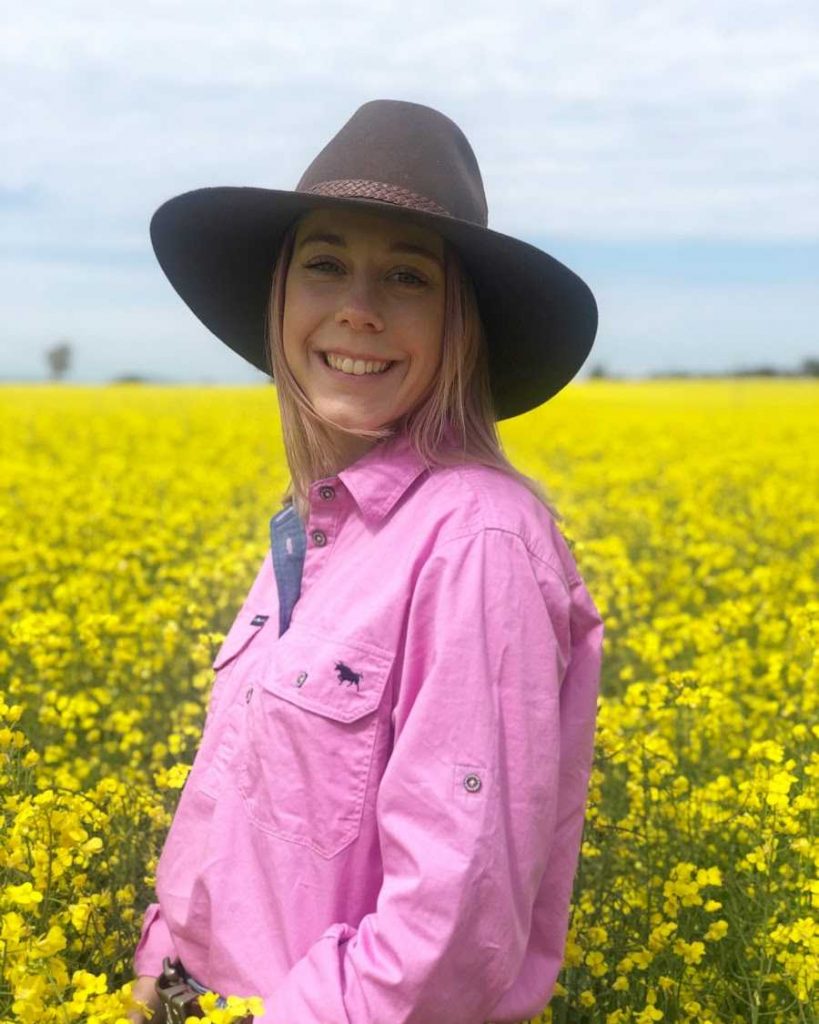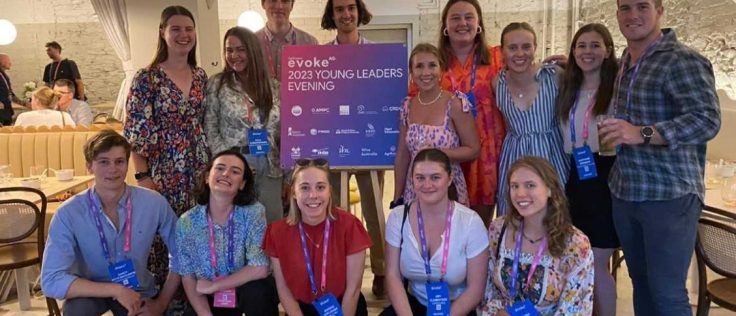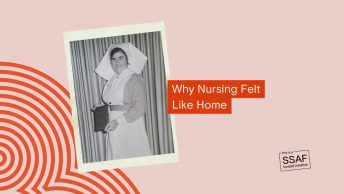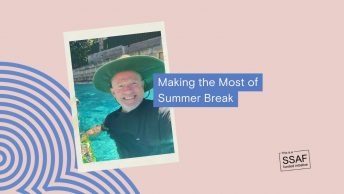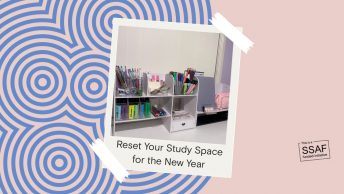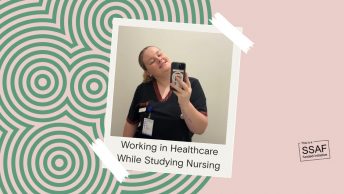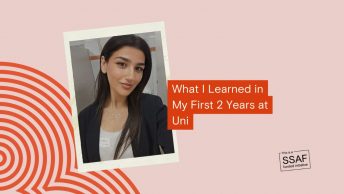Written by Marieke Hoelscher
Before starting my Bachelor of Agriculture degree at Charles Sturt I didn’t know much about university let alone anyone that studied agriculture, so my expectations came from the way the university advertised the degree online.
I read through the course descriptions and watched promotional videos.
Agriculture can be studied on campus at Wagga Wagga or online.
The University has a commercial farm at the Wagga campus, and I thought we would be doing practical activities such as working with drones, doing paddock crop trials and using the newest equipment and practices to work with sheep and cattle.
I still got to experience some of these things, but much less than I thought in the first place.
Session 1 of university had me questioning if I was in the right degree as two of my subjects were basic biology and chemistry and didn’t feel very practical, but never fear!
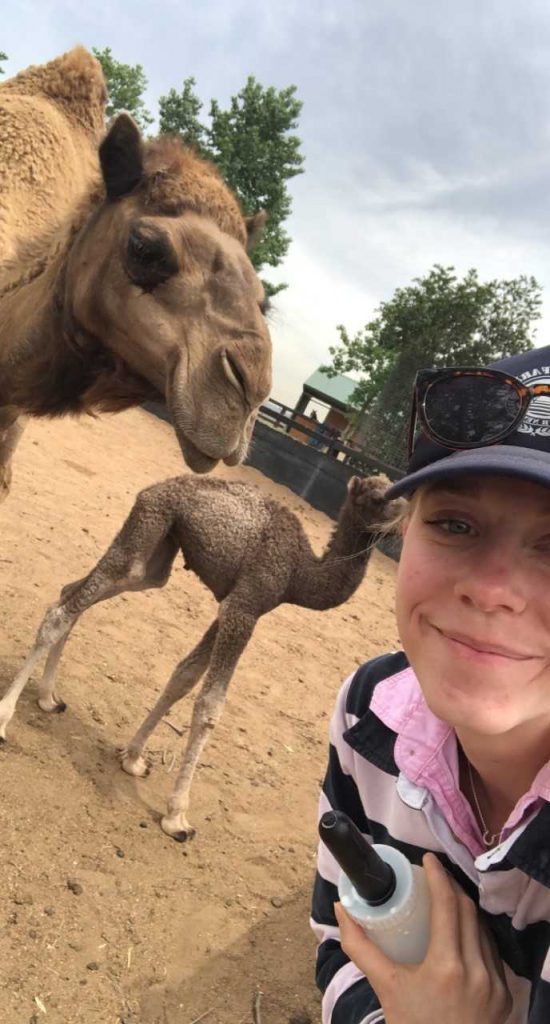
It got so much better and I’m so happy I stuck it out. There was a field trip in first year Session 1 where the Ag Business and Ag Science students got split and went on field trips to Leeton to see irrigated cotton and rice production and Batlow to see apple orchards.
This was a great exposure and I wish there were more field trips like this!
The pracs as part of a lot of the “science” subjects include a lot of lab work, which I didn’t expect.
The farm visits were very helpful for certain subjects such as Livestock production where we handled sheep.
For cropping subjects, we mainly used glasshouses around the university to design trials.
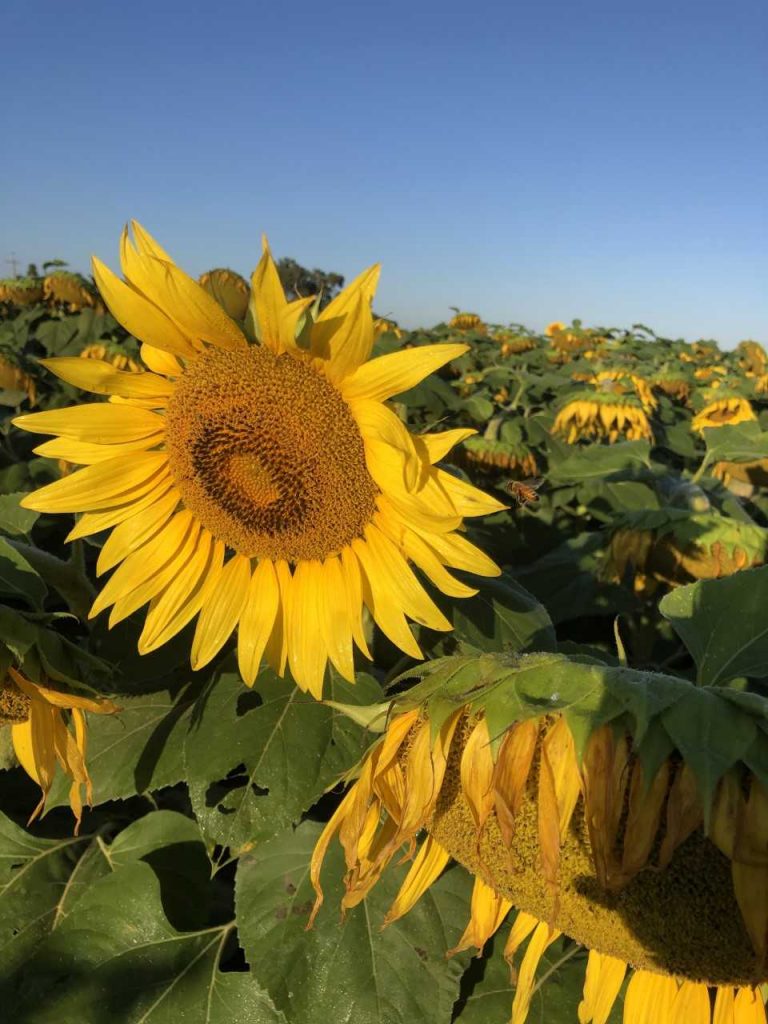
Small amounts of paddock visits are done for subjects such as soil science though.
I also didn’t expect there to be social science subjects in my Ag degree where we’ve explored contemporary issues in agriculture and how to communicate with farmers, researchers, and other stakeholders, it’s such an important skill to learn and I really enjoyed these subjects!
Also, this is a good time to add that I thought it would only be people in my degree in my classes.
It turns out students studying similar things such as veterinary technology will be in your microbiology classes and similar so it’s a great opportunity to make friends with people doing different courses.
I guess I have learnt that agriculture as a degree is quite technical and you learn more research skills and management practices in theory, setting students up for advisory roles.
Practical, hands on farm learning is done through work placement which isn’t a lot of compulsory hours for my degree anyway.
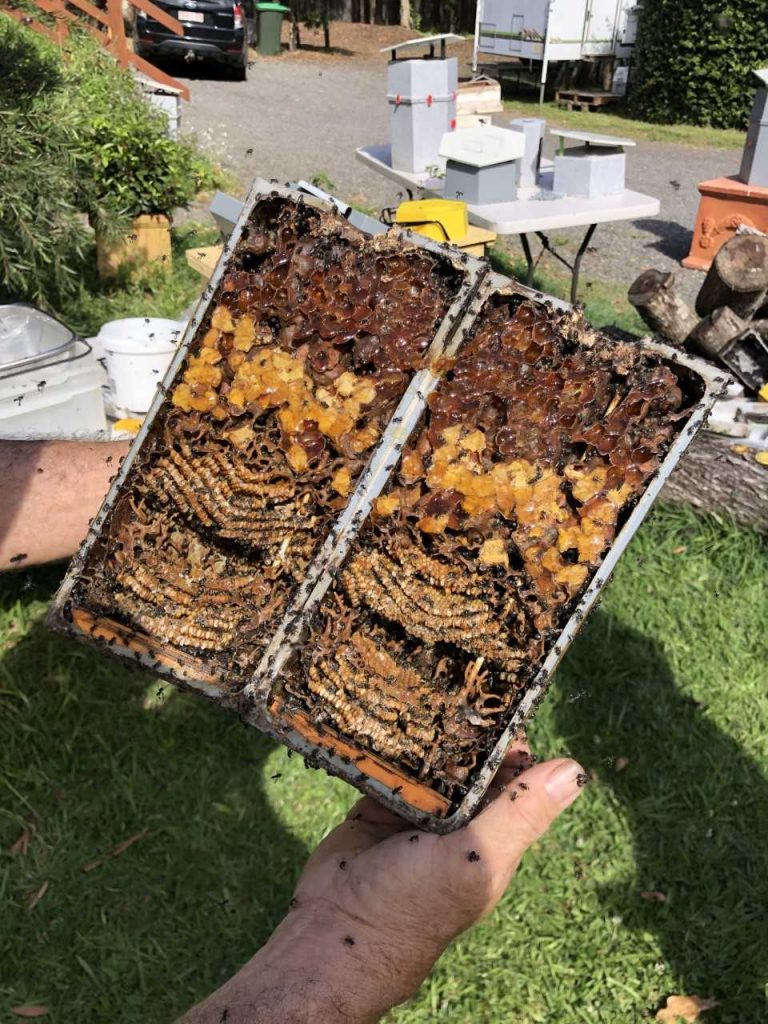
If you have never worked in agriculture, I recommend doing a lot more voluntary placements or harvest work during that long summer break as it really helps to link up the theory you have learnt during your university practice.
I also didn’t expect there to be so much casual farm/agriculture work for students around Wagga, however there are so many jobs and placement opportunities available in the Riverina and a lot is advertised on club Facebook pages such as the Wagga Agricultural Club.
Another program/club I’ve been part of that I never knew existed before was Intercollegiate Meat Judging (ICMJ). If you’re interested in livestock and the red meat industry this is for you, give it a google!
There are also short-term study trips or exchange opportunities that I had no idea about, I recently wrote a blog about my agriculture study trip to Timor-Leste.
There are also endless amounts of scholarships available from Charles Sturt or industry in the agriculture space, one that I’ve been part of is the Agrifutures Horizon Scholarship which offers lots of professional networking opportunities and funds placements for you.
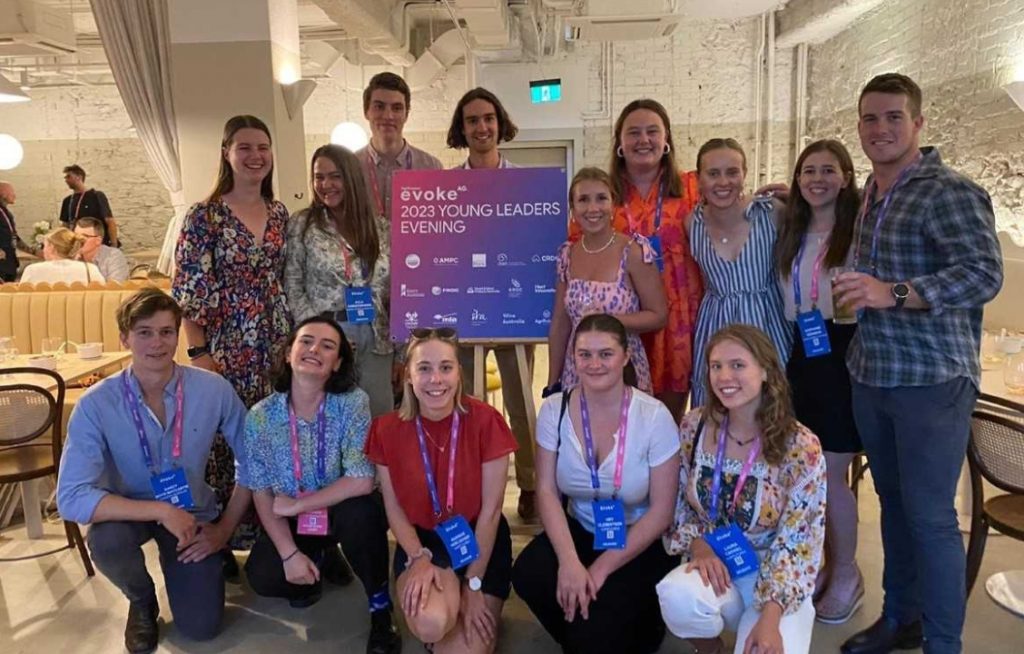
You could even get a paid trip overseas to work in agriculture in a different country!
Finally, I didn’t expect there to be about 4 jobs for every graduate in agriculture right now.
It really is the best industry in the world, how rewarding to be responsible for feeding and clothing the world!
